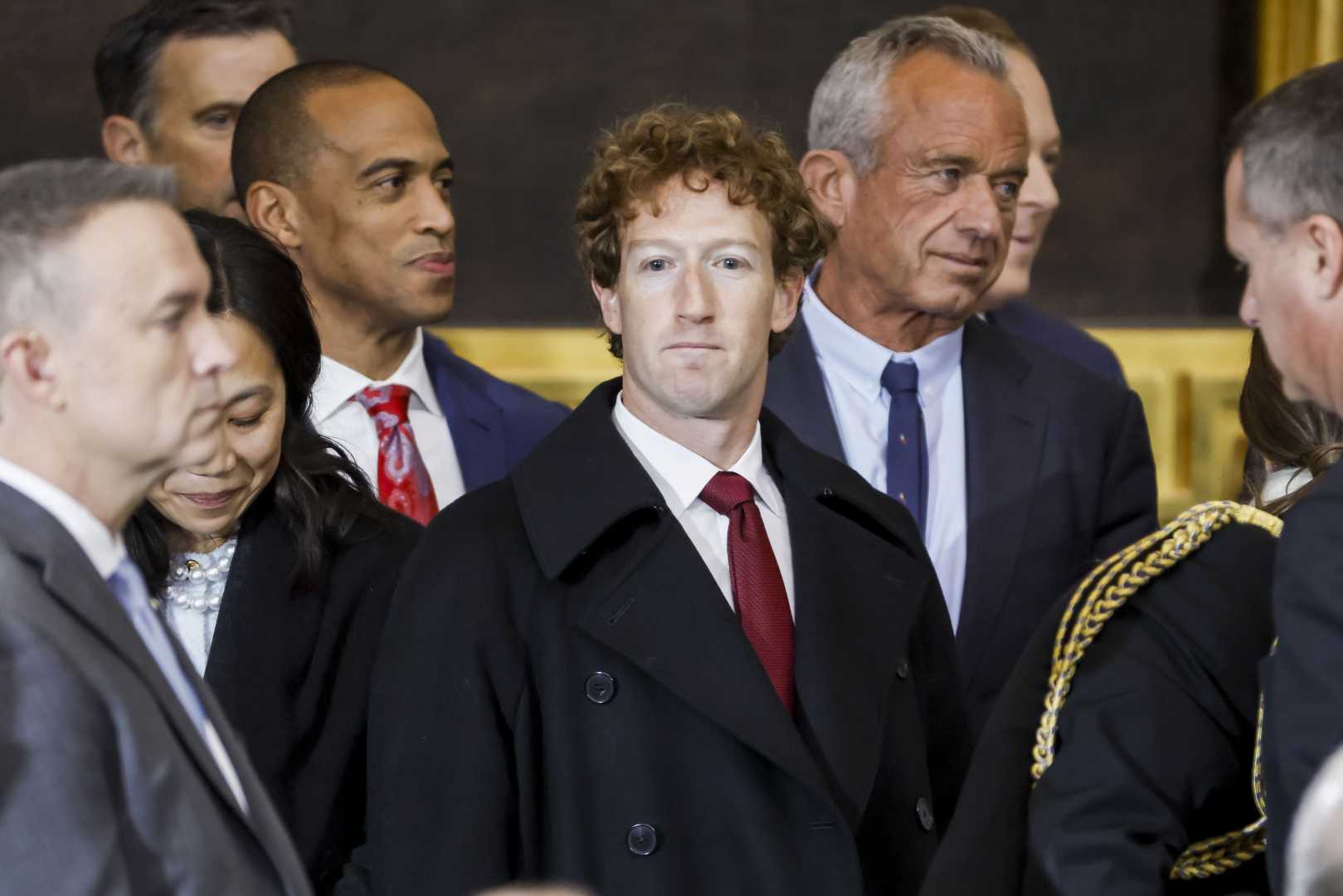Business
Meta Faces High-Stakes Antitrust Trial that May Change Its Future

WASHINGTON, D.C. — Meta Platforms Inc. is set to begin a significant antitrust trial on Monday that could result in the breakup of its popular social media platforms, including Instagram and WhatsApp. The trial, brought by the Federal Trade Commission (FTC), will determine if Meta engaged in anticompetitive practices to squelch competition.
The case marks a historic moment for President Donald Trump’s FTC, as it seeks to challenge what it describes as Meta’s monopolistic hold on the social media landscape. The lawsuit alleges that Meta’s acquisitions of Instagram and WhatsApp, made in 2012 and 2014 respectively, were designed to eliminate competition and entrench its market dominance.
“This case is about monopolization,” FTC Chair Lina Khan said. “We believe that breaking up Meta is necessary to promote competition and innovation in the social media sector.”
The trial comes after years of investigation and legal wrangling. Initially opened during Trump’s tenure, the case lay dormant until it was revived under the Biden administration, which has been more aggressive against Big Tech firms.
According to the FTC, Meta’s strategy has consisted of purchasing rivals to avoid competition. In its complaint, the agency argues, “Facebook adopted the business philosophy: ‘It is better to buy than compete,’ which it has executed by acquiring potential threats to its dominance.”
If the court rules in favor of the FTC, Meta could be mandated to divest from Instagram and WhatsApp, significantly impairing its advertising revenue, which heavily relies on these platforms.
Meta’s CEO Mark Zuckerberg has reportedly attempted to engage with Trump to maintain the status quo, using a combination of private meetings and public outreach strategies. In a recent statement, Zuckerberg expressed a desire for cooperation, remarking, “We have an opportunity to partner with the U.S. government.”
Critics, however, are wary of this approach. Robert Reich, a former Labor Secretary, commented, “Zuckerberg’s relationship with Trump has always been transactional; now he is desperate to lobby his way out of legal jeopardy.” Reich’s sentiment indicates growing concerns about potential political interference in the FTC’s proceedings.
The trial will be presided over by U.S. District Judge James Boasberg, who previously rejected motions from Meta seeking dismissal of the case. His rulings have proven crucial, as the legal landscape surrounding antitrust cases continues to evolve.
Meta claims that the FTC’s lawsuit is fundamentally flawed, arguing that Instagram and WhatsApp do not operate in a vacuum and face significant competition from various platforms, including TikTok, YouTube, and Snapchat. A spokesperson for Meta asserted, “The FTC’s narrative does not reflect the reality of the competitive landscape.”
Experts believe the outcome of the trial could set a precedent for how antitrust law applies to technology companies in the future. Paul Swanson, an antitrust lawyer, noted, “This is not just a case about Meta; it’s a critical test of antitrust enforcement in the digital age.”
The ramifications of this case extend beyond Meta, as it may impact how tech mergers and acquisitions are scrutinized moving forward. If the FTC prevails, it may embolden regulators to pursue similar actions against other tech giants like Amazon and Google.
The stakes are high for both Meta and the FTC as the trial commences. Industry analysts echo concerns that a ruling against Meta could reshape the power dynamics within the tech sector, influencing investor confidence and corporate strategies for years to come.
As the trial unfolds, both sides are preparing for a fierce legal battle that could determine the future of one of the world’s largest tech companies.












